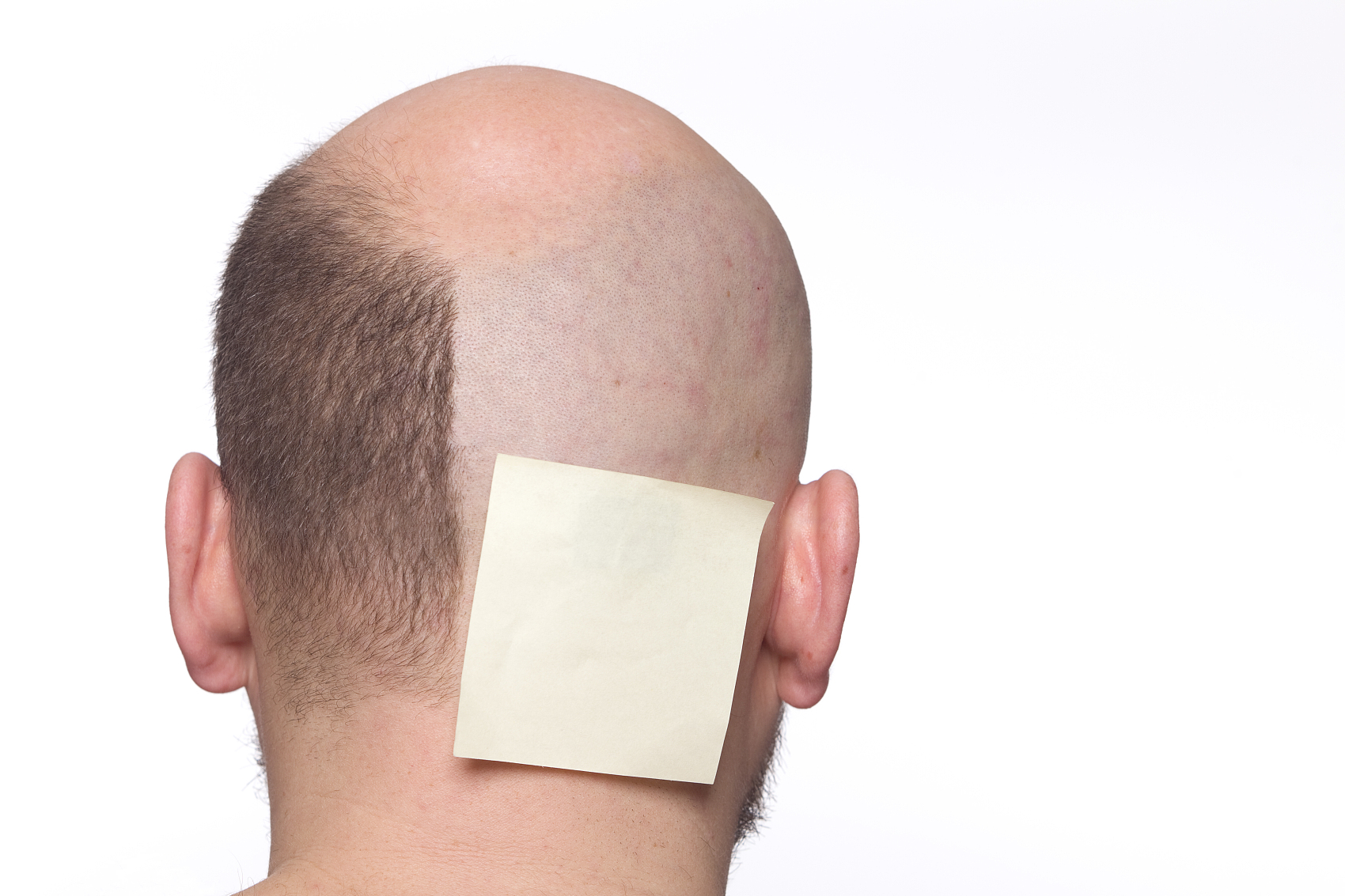Opioid addiction is a major public health crisis affecting millions globally. It stems from various sources, including prescription painkillers, illegal drugs like heroin, and synthetic opioids such as fentanyl. The impact is deep, affecting individuals’ physical, mental, and social well-being. To combat this issue, a comprehensive strategy that includes prevention, treatment, and ongoing support is essential. Here’s a breakdown of effective approaches to manage and treat opioid use disorder (OUD).

Recognizing the Signs of Opioid Misuse
The first step in addressing opioid addiction is to spot the signs of misuse. These can include:
- Continued opioid use despite negative consequences
- Developing a tolerance, needing more to feel the effects
- Withdrawal symptoms when not using
- Neglecting responsibilities and relationships
- Seeking prescriptions from multiple doctors
- Changes in behavior, mood swings, and secrecy about drug use
It’s vital for healthcare providers, families, and communities to understand these signs for early detection and intervention.
Screening and Assessment
Health professionals play a key role in screening for OUD and assessing the appropriate care level. Tools like the NIDA Quick Screen and the Opioid Risk Tool help identify those at risk. Assessments should cover a comprehensive medical history, physical examination, and evaluation of mental health conditions, along with social and environmental factors influencing opioid use.
Medication-Assisted Treatment (MAT)
MAT is a proven method in treating opioid addiction, combining FDA-approved medications with counseling. This approach addresses both the physical and psychological facets of addiction, reducing cravings, easing withdrawal symptoms, and helping stabilize brain chemistry.
Individualized Treatment Plans
Effective treatment should be customized to fit each individual’s specific needs and circumstances. Plans should be holistic, tackling not just the addiction but also associated mental health issues, chronic pain, and social determinants of health. A collaborative care model, involving various healthcare and support professionals, ensures a comprehensive treatment approach.
Psychosocial Interventions
Therapies such as Cognitive-Behavioral Therapy (CBT), contingency management, motivational interviewing, and family therapy are crucial. They help individuals develop coping strategies, identify triggers, and make positive lifestyle changes essential for long-term recovery.
Peer Support and Mutual Aid Groups
Groups like Narcotics Anonymous (NA) and SMART Recovery offer invaluable support, allowing those in recovery to connect with peers who understand the challenges of addiction. These groups provide a platform for sharing experiences and drawing strength and inspiration from one another.

Holistic Approaches to Wellness
A holistic treatment approach is vital, incorporating practices like yoga, mindfulness, acupuncture, and art therapy. These therapies aid in relaxation, stress reduction, and self-awareness, crucial for managing cravings and fostering inner peace and resilience.
Continuum of Care and Aftercare Support
Recovery from opioid addiction is a lifelong process that requires continued support. A continuum of care approach ensures individuals receive necessary support from detoxification to relapse prevention. Aftercare services such as sober living homes, outpatient counseling, and peer mentoring are crucial for successful reintegration into the community and maintaining sobriety.
By adopting these comprehensive and compassionate strategies, we can effectively tackle the opioid crisis and support individuals in reclaiming their health and rebuilding their lives. This multi-faceted approach ensures that every aspect of addiction is addressed, paving the way for recovery and long-term wellness.








